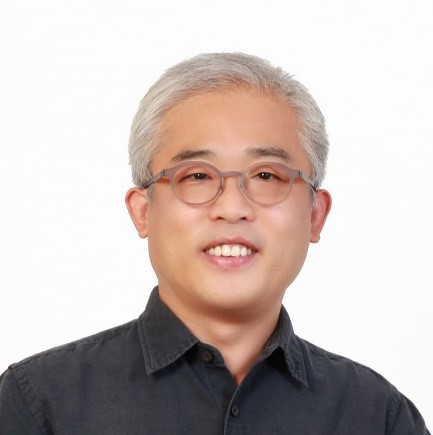 |
Dr. Oh Ju-hwan of Seoul National University College of Medicine |
By Dr. Oh Ju-hwan
Earth Defense Command meetings to protect human life and happiness against the invasion of alien species are popular themes in movies.
Reality is sometimes ahead of the movies. On November 30, 2022, even before we have a film featuring the best solution from the Earth Defense Command responding to the collective attack of microbes such as viruses and bacteria that cannot be seen with the naked eye, health ministers from 15 countries and intergovernmental organizations will gather in Seoul to develop strategies and tactics on how to stop their attacks on humans effectively. Open and closed discussion sessions will go on for two days before the ministerial meeting.
This meeting had in fact taken place before. The first Earth Defense Command meeting by the name of Global Health Security Agenda was held in February 2014. This effort to unravel the impact of microorganisms on humans from a global perspective was held in the wake of the massive human invasion by the Ebola virus in West Africa in December 2013. It was a time when the World Health Organization, more than half a century after its establishment in 1948, was criticized for not fulfilling its role optimally as the Earth Defense Command, contrary to the expectations.
The GHSA, comprising a group of countries formed around the United States, held its second meeting in Seoul in September 2015, two months after the Middle East Respiratory Syndrome virus invasion.
Despite the efforts of the GHSA during its initial phase in 2014-2018, its second phase was hit by a more extensive and prolonged attack called COVID-19. South Korea, one of the countries that responded relatively well along with others such as New Zealand and Japan to this massive attack, came to host this meeting again after seven years.
WHO’s International Health Regulations, established as early as 1969 as a legacy of the 14 conferences since International Sanitary Conference in Paris organized by the French government, played a limited role of coordinating international countermeasures or standardizing border controls in case of microbial invasion. Then it was expanded in 2005 to improve detection and early response capabilities after the 2003 invasion by the SARS-causing virus.
The Ebola attack in 2013, however, brought disappointment to people who had expected a strengthened WHO with the renewed IHR. GHSA came along in response to this criticism of the WHO capabilities.
The experience since December 2019, when COVID-19 spread around the world from its origin, poses another warning that we should have invested more resources and technologies into response to as well as monitoring and prevention of the global attack of microorganisms. The GHSA, which was supposed to prepare for this actively after 2014, turned out to be insufficient also.
The United State government played a crucial role in combating HIV through The US President’s Emergency Plan for AIDS Relief, created by the George W. Bush administration in 2003. The Obama administration added more effort through establishing GHSA to complement WHO-IHR. However, the Trump administration denied the threat from COVID-19 and tried to withdraw from WHO, weakening the GHSA leadership. Cascade of events pushed the US, the most affluent country in the world, into a country with one of the highest mortality rates during COVID-19. The US lost its continued leadership for a while since then. The Biden administration may change this. South Korea may play a co-leadership role along with the re-vitalized US leadership, in making a sufficient investment as the US had for HIV in the past.
Sustainable financing would be one of the key issues at GHSA 2022, with other technical issues including simulation exercises. The ministerial meeting is held under the pressure from the international community to bring about a turning point in the prolonging crisis and to develop joint defense strategies and tactics to keep human security from microbes.
South Korea, which showed a high level of technical capability in human security against microbes during COVID-19, and the US, which established the GHSA and successfully operated the PEPFAR, now have a new opportunity to re-build a joint global leadership in this human security agenda. In this sense, the stakes are high at GHSA 2022 in Seoul.
Dr. Oh Ju-hwan is international and public health policy professor at Seoul National University College of Medicine. The views expressed in this article are his own. -- Ed.



![[Herald Interview] 'Trump will use tariffs as first line of defense for American manufacturing'](http://res.heraldm.com/phpwas/restmb_idxmake.php?idx=644&simg=/content/image/2024/11/26/20241126050017_0.jpg)

![[Health and care] Getting cancer young: Why cancer isn’t just an older person’s battle](http://res.heraldm.com/phpwas/restmb_idxmake.php?idx=644&simg=/content/image/2024/11/26/20241126050043_0.jpg)

![[Graphic News] International marriages on rise in Korea](http://res.heraldm.com/phpwas/restmb_idxmake.php?idx=644&simg=/content/image/2024/11/25/20241125050091_0.gif)